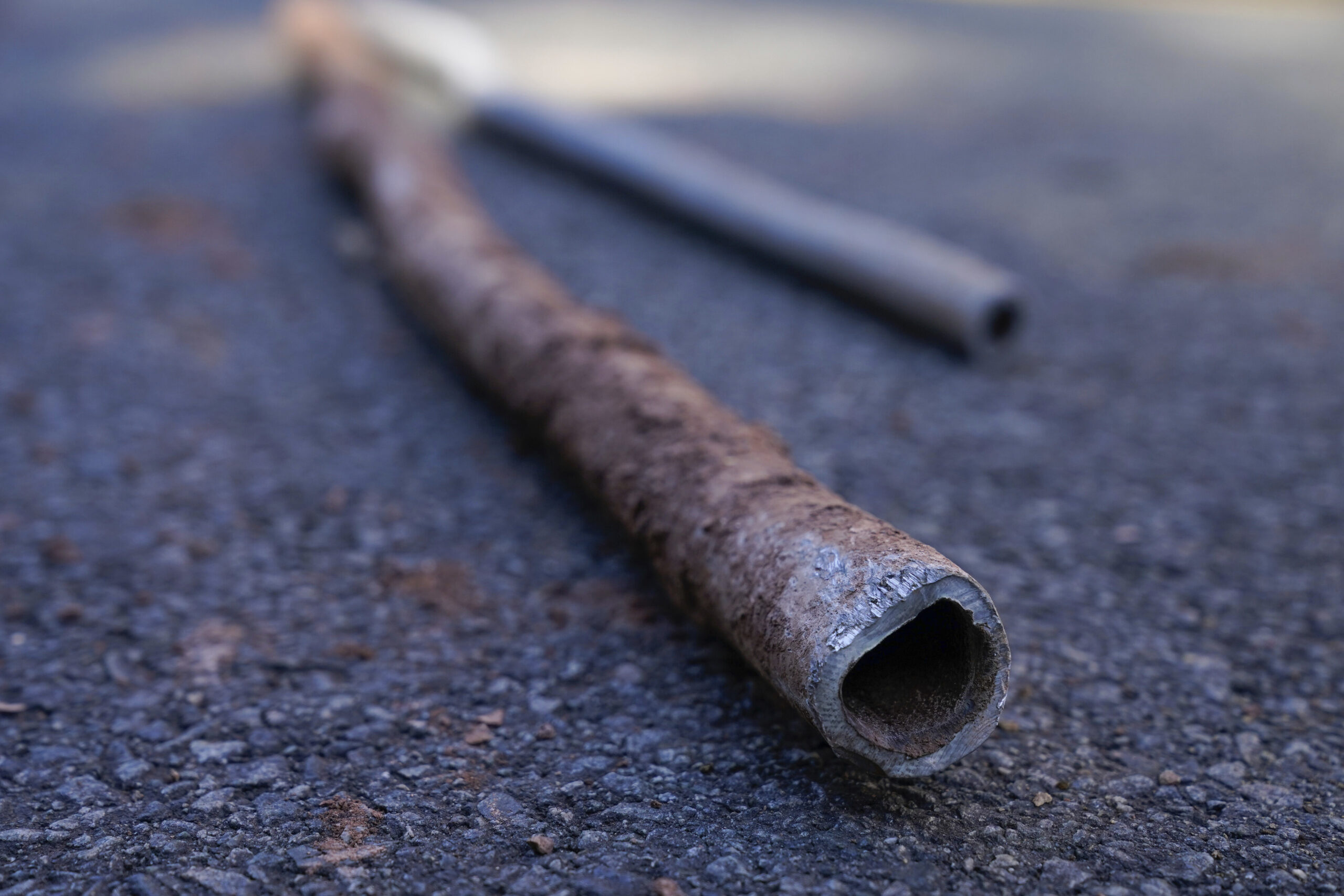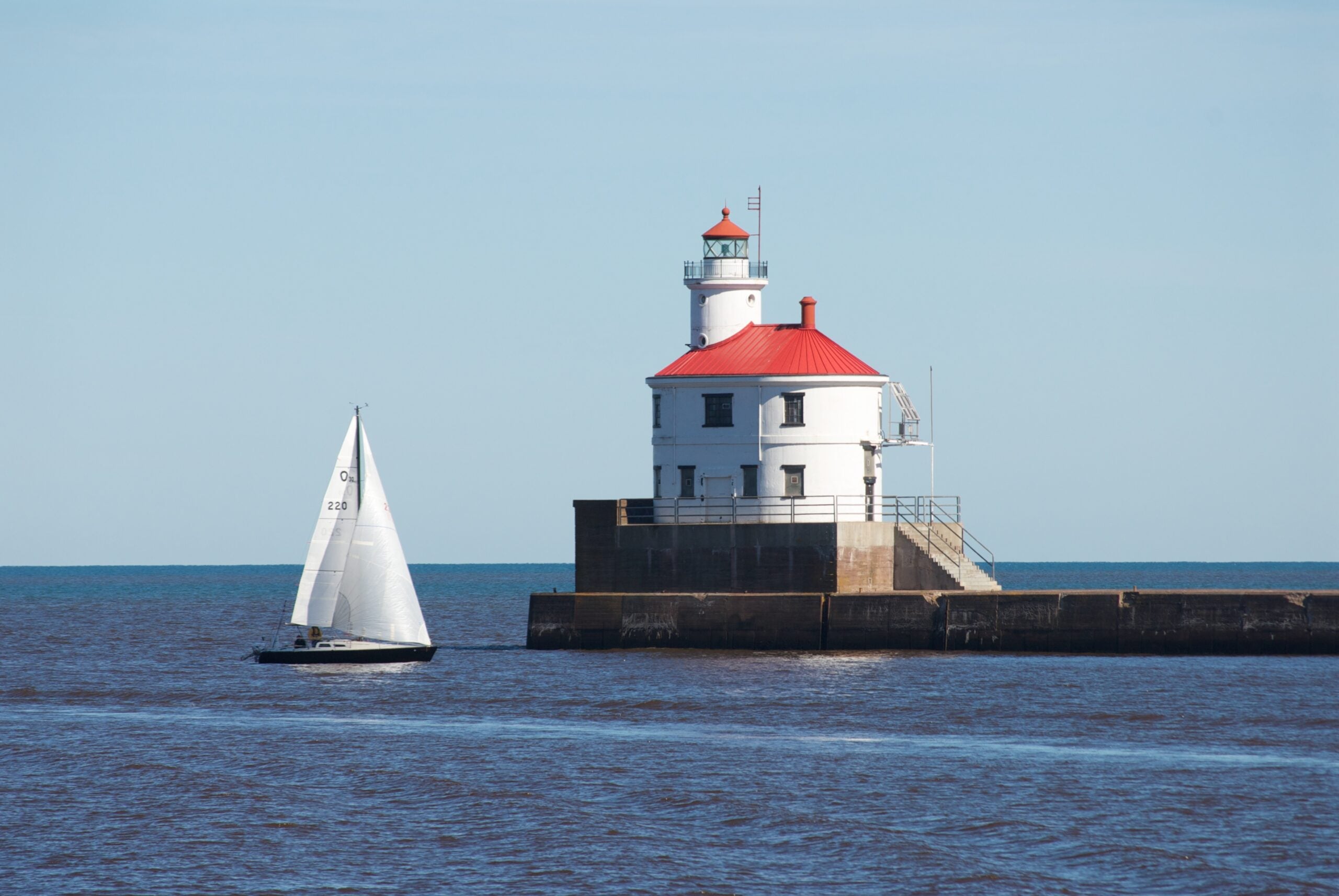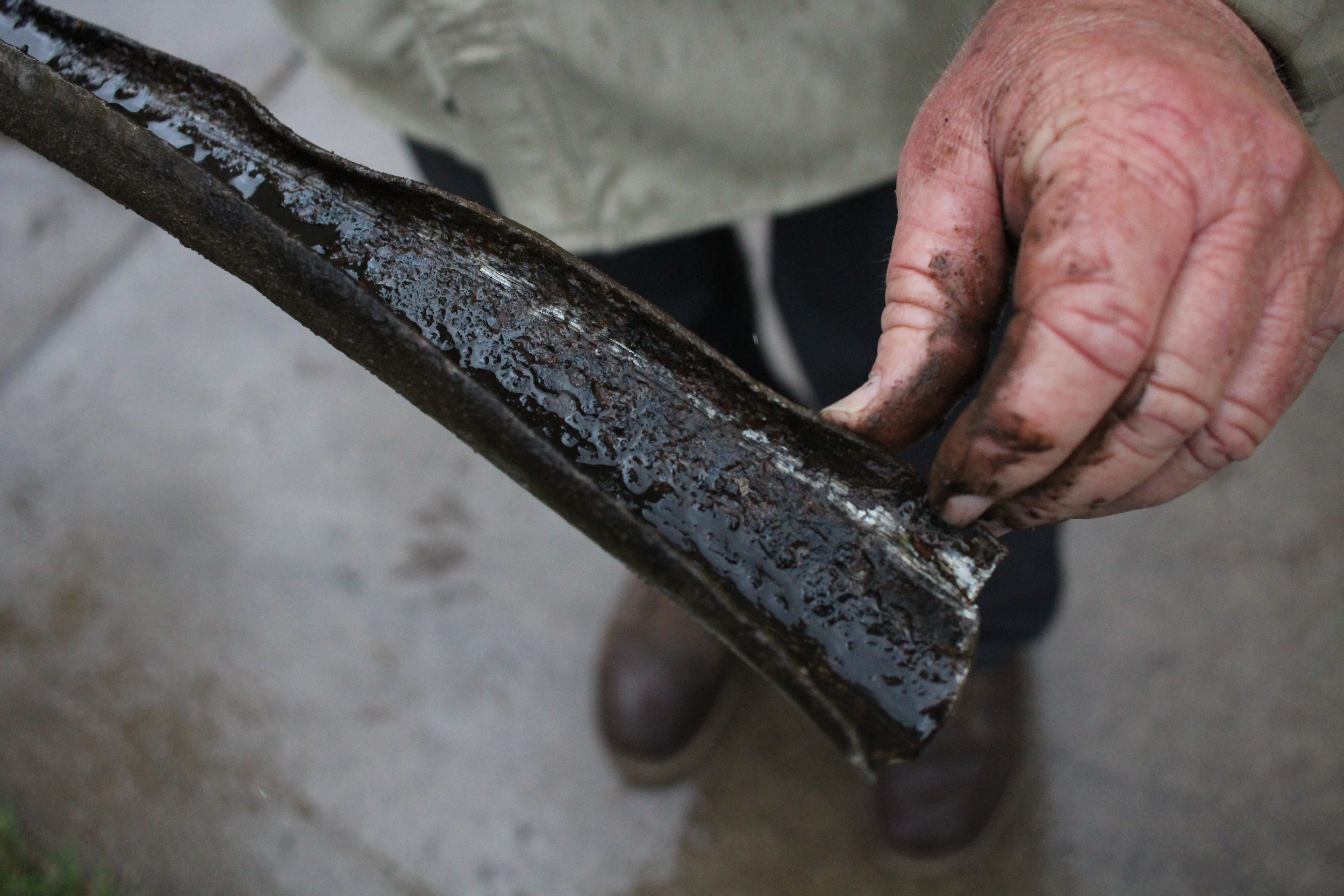Water utilities would be able to raise their rates to pay for removal of lead water lines under a new bill. The proposal has bipartisan support from almost 50 lawmakers.
Sen. Robert Cowles, R-Green Bay, is the bill’s main sponsor.
“Our overall theme in this bill is that the ingestion of lead has consequences, especially for young kids. That has an effect on society. That has a cost,” he said. “So potentially another small cost upfront now to negate that long-term cost and then individual communities would have to decide do they want to do that for their community or not.”
Stay informed on the latest news
Sign up for WPR’s email newsletter.
Cowles said the bill would give water utilities the freedom to use revenues to help individual customers replace their lines. He said it wouldn’t necessarily mean the public water utility would raise its rates, but that is one option to fund lead line replacements.
Sen. Janet Bewley, D-Delta, has signed onto the bill. She said it gives public water utilities the authority to make a decision that they think is best for ratepayers.
“Whatever this financial assistance looked like, it would allow the water utility to do that, to be that vehicle and do it on their terms,” she said. “They would have to have a local ordinance and there would have to be some dialogue with the community about what would this look like? What’s the fairest and most responsible way?”
Ashland Mayor Deb Lewis supports the proposal. Lewis said a significant number of homes in the city have lead laterals.
“Currently, we can’t take money from the utility budget and set it aside, and we can’t even right now do a loan program or a grant program,” she said. “The idea would be to change that law to allow more flexibility to give communities, such as Ashland, more tools to get those lead lines replaced.”
Lewis said the city recently received a $300,000 grant from the Wisconsin Department of Natural Resources that would go toward replacement of lead lines for homeowners with children under the age of six. Lewis said the funding doesn’t even begin to scratch the surface of lines that need to be replaced in Ashland, adding that homeowners may pay several thousand dollars to replace them. Young children and pregnant women are the most at risk when consuming lead-tainted water. Consumer groups have not yet weighed in on the bill.
Wisconsin Public Radio, © Copyright 2024, Board of Regents of the University of Wisconsin System and Wisconsin Educational Communications Board.





